Between a Mood of Change and State Control
In Argentina there are now several well-attended Waldorf schools in Buenos Aires and a number of initiatives in rural areas on the countryside. With great effort the teachers have met at a national conference and together with their students they are facing the challenges of a socially divided country.
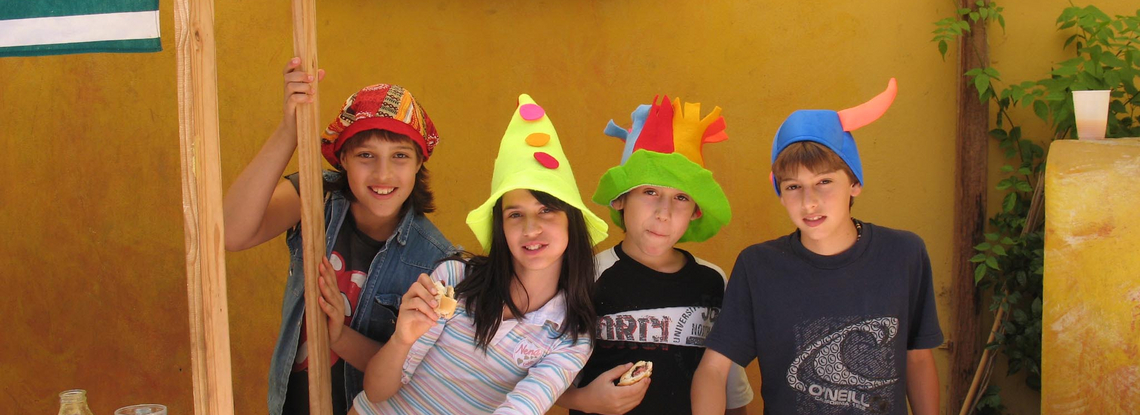
For many decades there were only two Waldorf schools in Argentina, both in Buenos Aires. Then in the1990’s a number of new initiatives began. Today there are four fully developed schools for the 12 million people of the capital, a new initiative in the city centre (Juana de Arco), another school in the urban district Florida, the school Cuarto Cesciente and fourth school in Hurlingham, a very poor suburb of Buenos Aires, as well as many kindergartens, some of which wish soon to start first classes.
Furthermore there are now two initiatives in the country’s interior, one some 1,600 km south of the capital in Patagonia and one 800 km northwards in Cordoba. In order to help provide these initiatives with teachers the colleagues at the teacher-training seminar in Buenos Aires arranged with great effort and no little cost, weekend seminars in these regions.
In addition to the three-year teacher training college, which is working since 20 years in Buenos Aires there is now a further education centre at the school Perrito Moreno, which is currently applying for state recognition.
Kindergarten training is also being regularly conducted, after the first year at the Waldorf Training Centre. This year, a four-year high school training began with 80 participants. Each year two weeks of high school teacher training are held and during the meantime the colleagues work in groups preparing for the annual meetings.
Waiting lists in spite of the economic crisis
The Waldorf schools in Buenos Aires have experienced a high demand of students wishing to attend a Waldorf school and waiting lists have been established, in spite of the fact that the school fees are very high. This demand is even more remarkable when considering that Argentina fell into a major economic crisis in 2001, as result of the neo-liberal economic policies of the government. Under Carlos Menem (1989-99) practically everything that made a profit was privatized and sold abroad including important natural resources.
Due to this economic crisis, many people especially in the capital intensively started to seek for new social forms and ideas. There were public assemblies in the various city quarters, factories were occupied and collectively organised, the unemployed began to organise themselves and set up their own businesses. Unfortunately much of the energy of this social unrest and the search for new forms has abated somewhat but some of it is still noticeable.
The Waldorf schools opened themselves to these new questions. The parents are actively and creatively involved and are seeking new forms of participation and financing new buildings. The two largest and oldest schools have many former pupils as parents and they often have a greater consciousness for education.
Although the schools receive no state support, they nevertheless suffer considerable state control. An example is the fact that even the smallest excursion – even for half a day- has to have the signatories of all parents up to five weeks beforehand, as well as many other documents that have to be submitted to the authorities. Nevertheless the teachers are able to use their educational imagination to fulfil their educational tasks from the first class to the wonderful class 12 projects and plays.
Remarkable commitment
It is a big challenge to lead the children from wealthier families towards a social awareness. According to the official statistics, half the population lives below the poverty level, although the wealth of the rich is immeasurable. Some of the parents find it hard to accept that their children may go into the poorer districts of the city to do an industrial work placement in a community kitchen or an occupied factory.
Clara, a class 12 pupil did her project on making music with children in the poor quarter who had never before had an instrument in their hand. After a year they appeared in the school proudly playing the flutes they had made. That was quite simply Waldorf education. The children beamed lo towards their young Waldorf teacher and she was able to turn these small rascals into musicians for a moment using much patience, enthusiasm and skill!
Meanwhile, several initiatives have emerged in the poorest suburbs of Buenos Aires, in which students of various schools are actively involved and some of which were started by former students.
Andreas Schubert
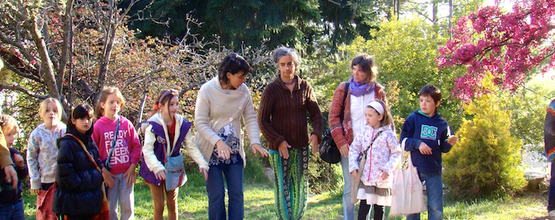
Bariloche - La Semilla
In 2010, a group of parents and teachers who were motivated to offer integral and humanistic education to children, created the non-profit association and…
Learn more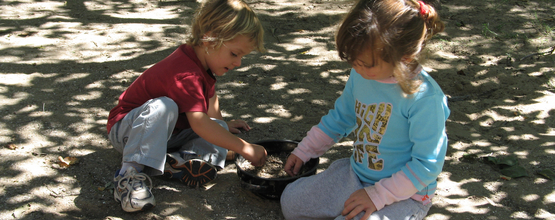
Buenos Aires - Clara de Asis
Argentina: In 1993 the Clara de Asis kindergarten opened in Buenos Aires with very little funds but with a lot of love for education. The children that joined…
Learn more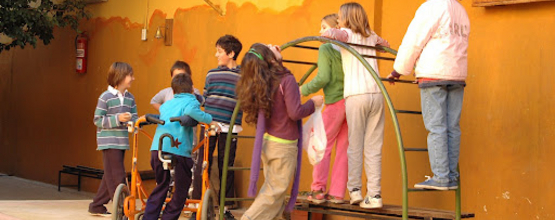
Buenos Aires-Juana de Arco
Argentina: Juana de Arco was founded in 1994. One year later the initiative began with a kindergarten in a central location in Buenos Aires. In 1999, the…
Learn more
Buenos Aires-Proyecto Meulen
Argentina: In 2002 the institution for curative education Meulén was founded. Out of a spare-time-care, the initiative quickly developed into a full-day…
Learn more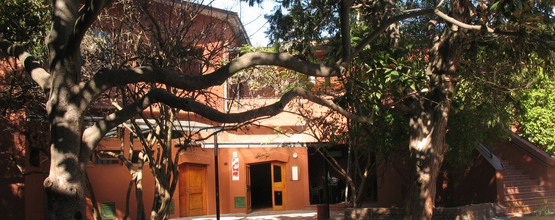
Buenos Aires - San Miguel
Argentina: The Waldorf School San Miguel Arcangel was founded in 1968 in San Isidro, a suburb of the Argentinean capital Buenos Aires. San Isdro is named…
Learn more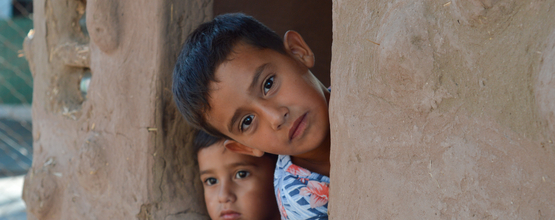
Argentina: CultivArte
More than 15 years ago, a wonderful initiative came to life in one of the suburbs of Buenos Aires, offering a creative afternoon care to children from disadvantaged families. …
Learn more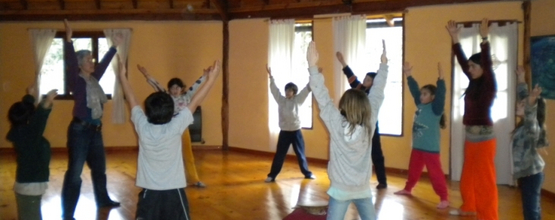
Lago Puelo-Crisol de Micael
Argentina: Lago Puelo is situated some 1000 Miles southwest of Buenos Aires, not far from the tourist center of San Carlos de Bariloche and the Chilean…
Learn more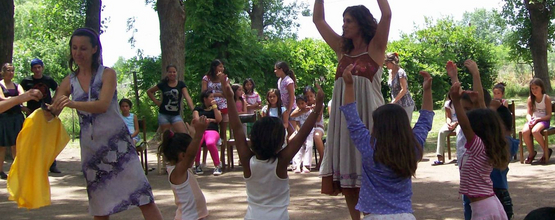
Garin-San Jorge
In Garin, approximately 40 km from Buenos Aires, many poor families live in an environment where children grow up neglected and abused. They have no access to…
Learn more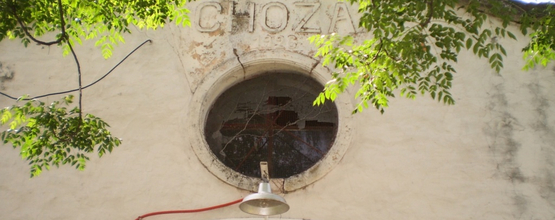
Olivos, La Choza
Argentina: the biodynamic farm “La Choza”, containing 130 ha of land, is situated 60 km outside of Buenos Aires in the provincial town General Rodriguez - a…
Learn more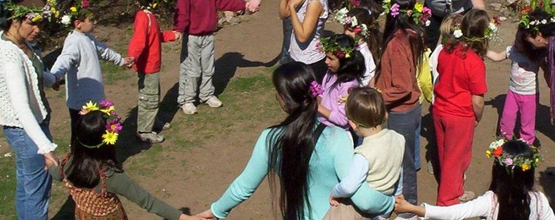
Saldan-Dandelion
Argentina: Dandelion Waldorf School was founded in 2007 by a small group of some families and teachers in Saldan. The place (18 km from Cordoba) has about 15…
Learn more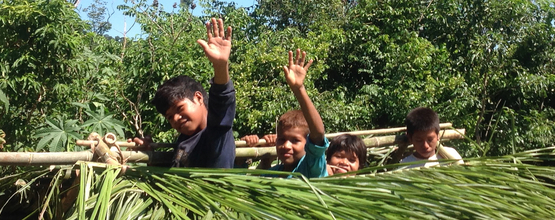
Argentina: Kyringue'i Aty ñeovanga kindergarten
In the middle of the Argentinian jungle, in the indigenous community of Ñamandu, a small kindergarten was established in 2016. There the mornings are spent according to the methods of Waldorf education…
Learn more